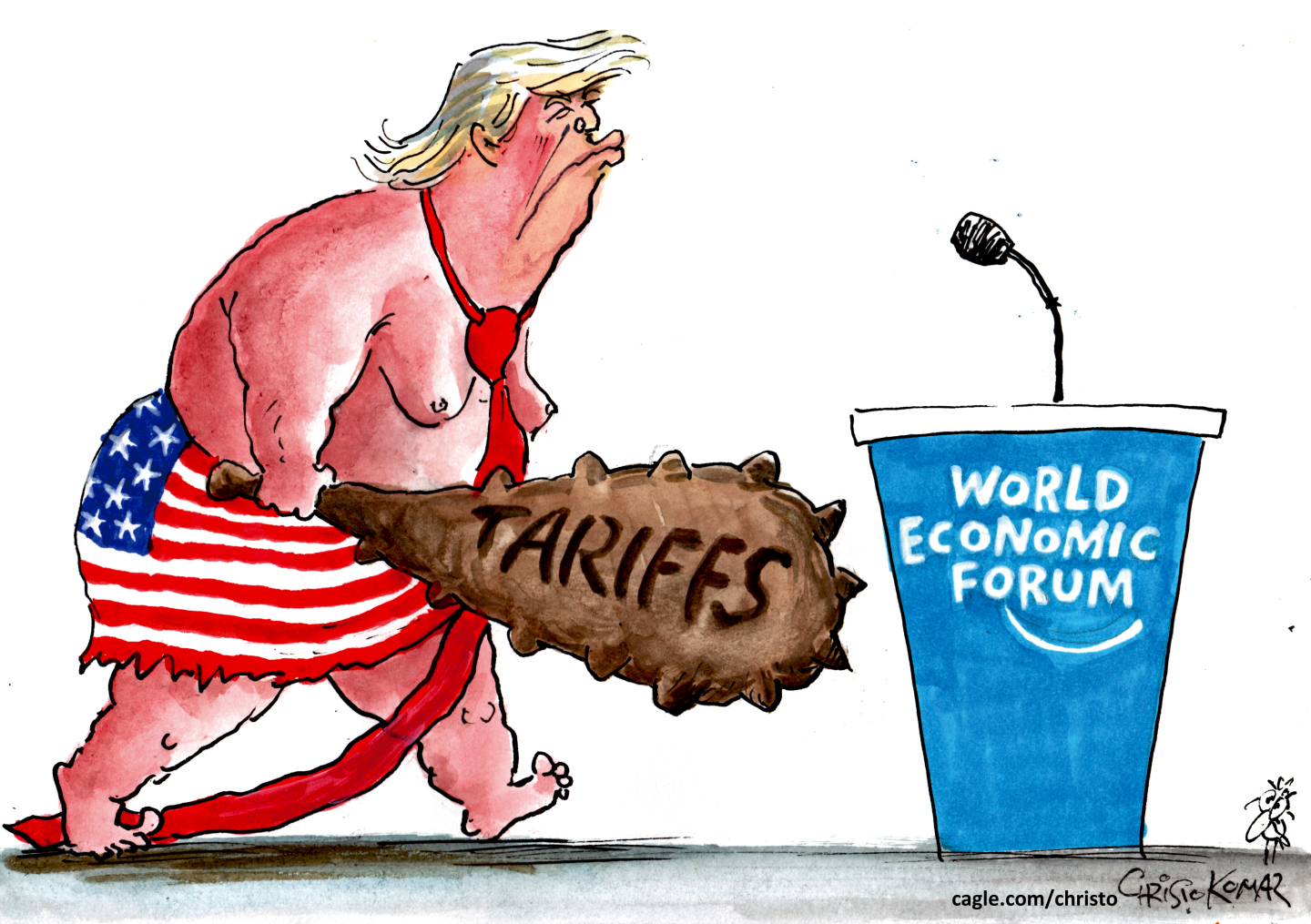This bipartisan odd couple wants to fix one of the most overlooked problems in American health care
America's rural hospitals need our help

On a sizzling July afternoon, Bob Zellner and Adam O'Neal walked side by side along the shoulder of a state highway in central Virginia. Most of the passing motorists recognized neither the civil rights icon who was mentored by Rosa Parks and Ella Baker nor the Republican mayor of Belhaven, North Carolina.
So why was a conservative like O'Neal taking a two-week protest trek to Washington, D.C., with a self-described radical like Zellner? What could possibly unite these two dissimilar men?
The answer is a species that few realize is now endangered: the American rural hospital. According to a recent report from the University of North Carolina's Sheps Center, 34 rural hospitals have closed since 2013, over 80 percent of them in states that have refused to expand Medicaid. The American Rural Healthcare Association estimates that as many as 283 more hospitals could be forced to close their doors by the end of 2015 if something does not change. Though the total cost to keep the doors open varies by hospital, O'Neal and Zellner argue the money to keep most of them open is already available through the Affordable Care Act. Only the politics of ObamaCare stands in the way.
The Week
Escape your echo chamber. Get the facts behind the news, plus analysis from multiple perspectives.

Sign up for The Week's Free Newsletters
From our morning news briefing to a weekly Good News Newsletter, get the best of The Week delivered directly to your inbox.
From our morning news briefing to a weekly Good News Newsletter, get the best of The Week delivered directly to your inbox.
"Critical access" hospitals were established during the Truman administration to provide life-saving healthcare to America's heartland, where people often find themselves too far removed from a regional hospital to receive timely treatment in an emergency. Because they do not see the volume of patients that have become the norm at major regional hospitals, these critical access hospitals often require federal subsidies to keep the doors open. This is nothing new; their existence has been a justified expense for millions of Americans since 1949.
But when Portia Gibbs had a heart attack in Belhaven last July, it came just days after the local Pungo Hospital had closed its doors. Gibbs died waiting for helicopter transport.
Mayor O'Neal — a Republican, remember — explains Gibbs' death as the result of Republican resistance to ObamaCare. Because the Affordable Care Act makes provision for continued critical access hospital funding through its expansion of Medicaid, red states that have refused the Medicaid expansion have not only rejected the signature legislation of a president they oppose. They have also cut off funding for rural hospitals, which serve predominantly Republican constituencies.
When Gibbs became the first person to die after Pungo Hospital closed last summer, North Carolina Republicans were in the midst of the nation's most expensive Senate race in history, backing House Speaker Thom Tillis against Democratic incumbent Kay Hagan. To defeat Hagan, they spent millions tying her to ObamaCare and convincing their base that the ACA wasn't for them. When O'Neal objected, pointing out that he and the 1,600 citizens of Belhaven were overwhelmingly Republican, party insiders turned a deaf ear. Though Republicans in Ohio, Michigan, and Pennsylvania have found ways to embrace Medicaid expansion, Southern states like North Carolina remain stuck in a no-compromise battle with President Obama.
A free daily email with the biggest news stories of the day – and the best features from TheWeek.com
For Zellner, this is a deadlock rooted in Southern history. He draws a direct connection between the civil rights marches of the 1960s and today's Moral Movement in North Carolina, which has sided with Mayor O'Neal and the people of Belhaven. "Access to health care is not a Republican or Democrat issue," says Moral Movement leader Rev. William Barber. "It's a moral issue." In a Title VI complaint to the U.S. Department of Justice, attorney Al McSurely pointed out that Vidant Health's decision to close Belhaven's Pungo Hospital disproportionately affects minorities, thereby jeopardizing the corporation's status as a beneficiary of federal aid through Medicare and Medicaid. The DOJ agreed to an investigation.
Zellner and O'Neal say their walk last summer helped them see that their fight is about more than Belhaven's Pungo Hospital. This summer, their goal is to help America see that there will be thousands of people like Portia Gibbs if we cannot move beyond the gridlock in Washington to ensure funding for rural hospitals. Toward that end, they are actively recruiting walkers to represent all 283 hospitals. Beginning June 1, they will retrace last summer's route from Belhaven to Washington, D.C. Their hope, of course, is to receive enough national attention to force lawmakers' hands.
In a time when partisanship reigns supreme, their actions may seem radical. But at this point, radical may be exactly what we need to save America's rural hospitals.
-
 Claudette Colvin: teenage activist who paved the way for Rosa Parks
Claudette Colvin: teenage activist who paved the way for Rosa ParksIn The Spotlight Inspired by the example of 19th century abolitionists, 15-year-old Colvin refused to give up her seat on an Alabama bus
-
 5 contentious cartoons about Donald Trump at Davos
5 contentious cartoons about Donald Trump at DavosCartoons Artists take on weaponized tariffs, a cheeky offering, and more
-
 Trump’s ‘Board of Peace’ comes into confounding focus
Trump’s ‘Board of Peace’ comes into confounding focusIn the Spotlight What began as a plan to redevelop the Gaza Strip is quickly emerging as a new lever of global power for a president intent on upending the standing world order
-
 The billionaires’ wealth tax: a catastrophe for California?
The billionaires’ wealth tax: a catastrophe for California?Talking Point Peter Thiel and Larry Page preparing to change state residency
-
 Bari Weiss’ ‘60 Minutes’ scandal is about more than one report
Bari Weiss’ ‘60 Minutes’ scandal is about more than one reportIN THE SPOTLIGHT By blocking an approved segment on a controversial prison holding US deportees in El Salvador, the editor-in-chief of CBS News has become the main story
-
 Has Zohran Mamdani shown the Democrats how to win again?
Has Zohran Mamdani shown the Democrats how to win again?Today’s Big Question New York City mayoral election touted as victory for left-wing populists but moderate centrist wins elsewhere present more complex path for Democratic Party
-
 Millions turn out for anti-Trump ‘No Kings’ rallies
Millions turn out for anti-Trump ‘No Kings’ ralliesSpeed Read An estimated 7 million people participated, 2 million more than at the first ‘No Kings’ protest in June
-
 Ghislaine Maxwell: angling for a Trump pardon
Ghislaine Maxwell: angling for a Trump pardonTalking Point Convicted sex trafficker's testimony could shed new light on president's links to Jeffrey Epstein
-
 The last words and final moments of 40 presidents
The last words and final moments of 40 presidentsThe Explainer Some are eloquent quotes worthy of the holders of the highest office in the nation, and others... aren't
-
 The JFK files: the truth at last?
The JFK files: the truth at last?In The Spotlight More than 64,000 previously classified documents relating the 1963 assassination of John F. Kennedy have been released by the Trump administration
-
 'Seriously, not literally': how should the world take Donald Trump?
'Seriously, not literally': how should the world take Donald Trump?Today's big question White House rhetoric and reality look likely to become increasingly blurred